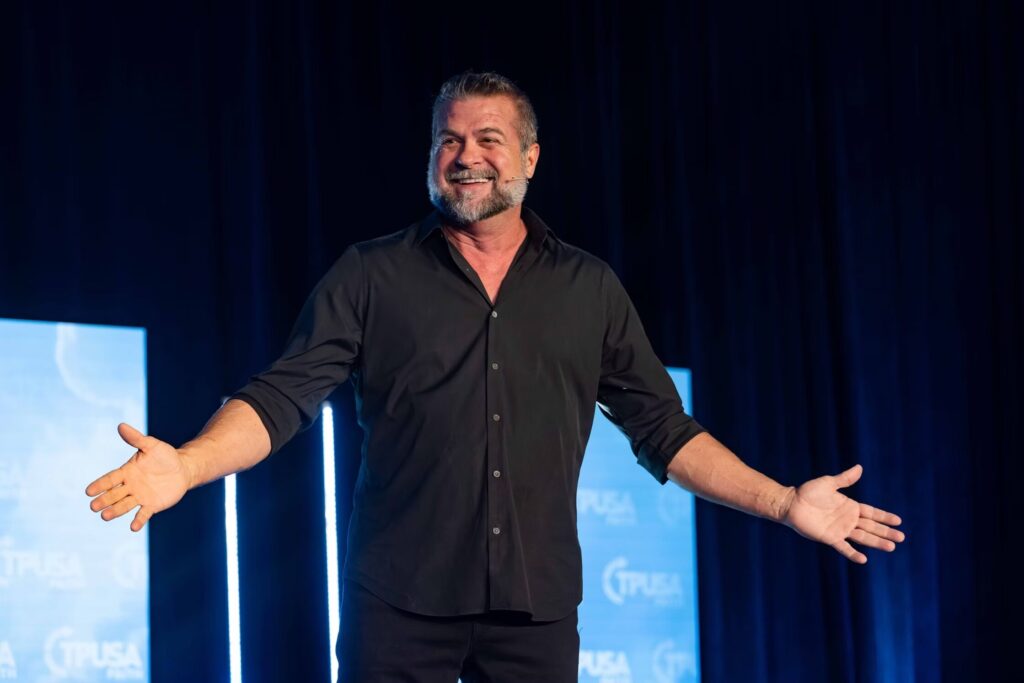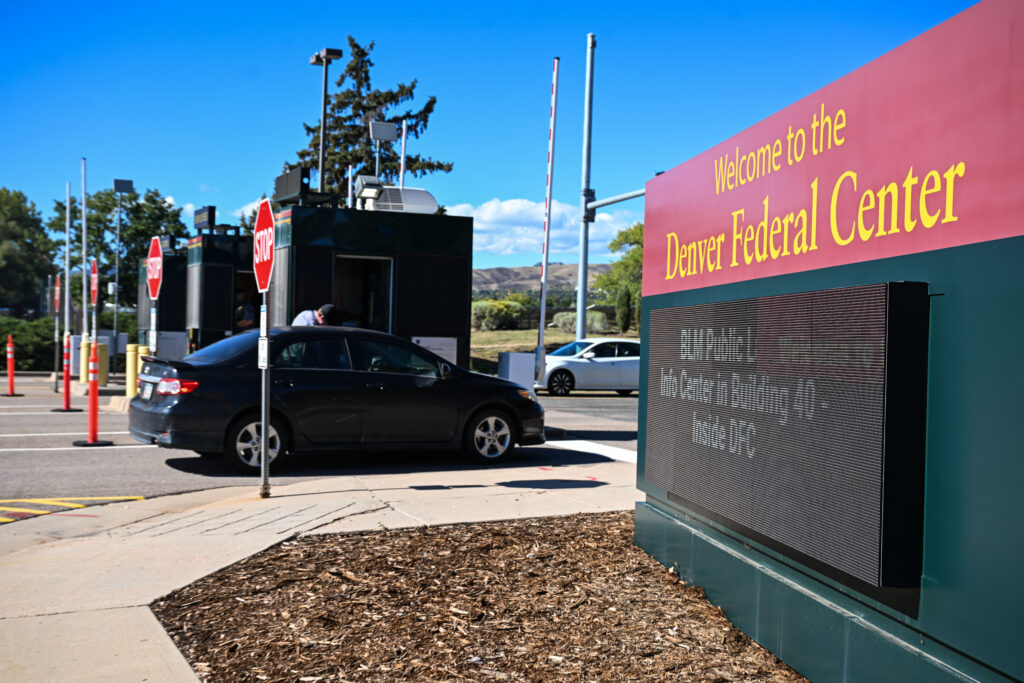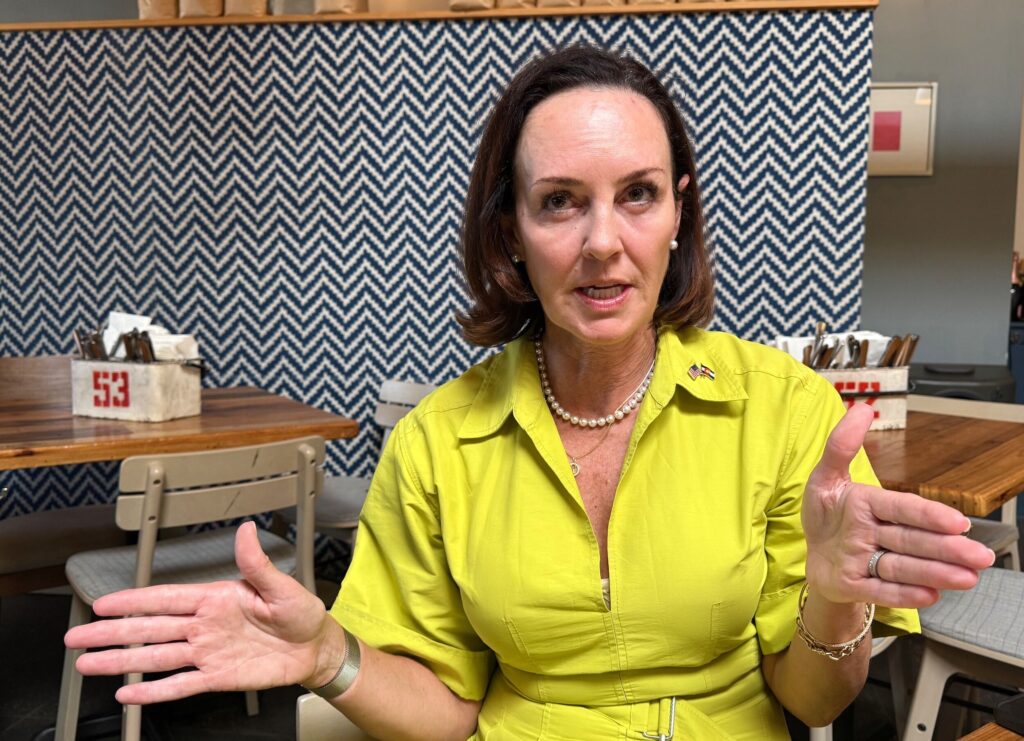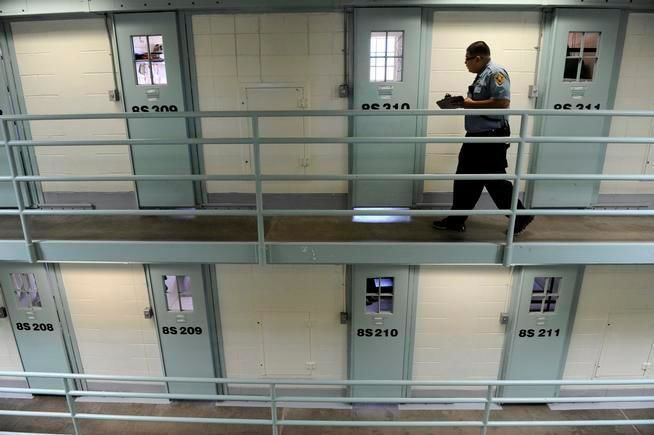SINE DIE

By Marianne GoodlandThe Colorado Statesman
The person exhaling the biggest sigh of relief one day after the 2015 legislative session came to a close was perhaps Colorado’s executive-in-chief, Gov. John Hickenlooper.Although he didn’t get everything he wanted from the 2015 General Assembly — such as hospital provider fees turned into an enterprise fund or a red-light camera ban that he is looking forward to signing (instead he has two headed his way that surely cause him at least a small degree of angst given his prior support for those “public safety” tools) — the governor also didn’t get bills fraught with partisan ideological problems he would want to avoid. It is a benefit of a bicameral legislature with chambers divided between Democrat and Republican control.An unusually necktie-clad Hickenlooper and legislative leaders from each party sat down in the governor’s executive chambers with reporters Thursday to discuss the highs and lows of the 2015 legislative session that ended just after 8 p.m. the night before.A bill to impose felony criminal penalties on repeat DUI offenders and a bill to reduce the number of mandated student assessment tests were both cited as major wins by the governor and legislative leadership. They also cited as wins bills passed from the law enforcement and workforce development packages.Those successes did not happen without hard work between legislative chambers, party caucuses and government branches. “We had to find ways to get along,” said Speaker of the House Dickey Lee Hullinghorst, D-Boulder.Hullinghorst said the deal that led to the compromise on assessments was in danger of falling apart “every day of the session.” She complimented the members of the House and Senate Education committees for setting aside their egos to work out the details. “I think we got something that will be really productive for education in Colorado” and that will reduce testing by as much as 40 hours, she said. Several leaders referred to the collaboration as “magic. We never stopped talking,” according to Senate Assistant Minority Leader Rollie Heath, D-Boulder.”Democrats fussed about the “policy politics” that almost derailed the renewal of the Office of Consumer Counsel within the Public Utilities Commission on the session’s last day. The OCC acts as a consumer advocate on utility rate hikes and other consumer issues. A dispute over whether to allow OCC to retain its consumer protection role on telecommunications led to a brief but conspicuous Wednesday walkout by Senate Democrats in which the entire caucus abandoned their desks in the Senate chambers, leaving only the Republican majority on the floor. During the final vote, 11 Senate Democrats cited a little-used rule that announced they were present, but not voting. In the vote, the OCC lost its role in telecommunications, but Hickenlooper indicated he was pleased the counsel would continue to advocate for consumers in other areas.
House Minority Leader Brian DelGrosso, R-Loveland, said he believed it was one of the least contentious sessions in several years. But that did not prevent lawmakers in both chambers and on both sides of the aisle from trying to ramrod bills on more divisive issues. For Republicans, it was numerous attempts to repeal the gun control laws from 2013. Democrats tried to push laws raising the minimum wage and resuscitating the pay equity commission, among others.
One of the big losses of the session, cited by the governor and others, was the failure of the Senate’s bill fixing construction defects statutes in the state. DelGrosso cited the “massive” coalition that favored the Senate bill, SB 177, and lamented that trial lawyers were responsible for the bill’s demise in the House.
Hullinghorst said that if the construction defects issue comes back next year, it’s likely to be in the form of a package of bills, similar to what happened with workforce development and law enforcement this year. She and Senate Majority Leader Sen. Mark Scheffel, R-Parker will talk during the summer and figure out how to bring people together on a compromise, she said.
But Hullinghorst said she also supports the actions of local governments to bring about their own solutions, a catalyst that originally drove the sponsors of the bill to come up with a statewide solution.
Hullinghorst said her biggest loss was the defeat of the bill to relocate hospital provider fees to an enterprise fund. As to a compromise, both she and DelGrosso mentioned looking at a ballot solution during the next year. Senate President Bill Cadman, R-Colorado Springs, said he had significant issues with the bill and said the real issue “is to prioritize the money we spend now and how that affects TABOR.” But he also has issues with the fee itself. The fee is not listed on patient hospital bills, and it’s also exempt from the state’s open records laws. “We can’t support things that aren’t transparent or accountable,” he said.
Concerns about next year’s budget, which Joint Budget Committee members say will be extremely tight, led Cadman to blame Democrats who have been in control of the House and Senate for much of the past decade. “We are funding the government you gave us,” he said. “You can’t spend the money up front and cry foul. They should be concerned about the train wreck they created.”
Senate Republicans are pleased with what they accomplished this year. Cadman cited the swift passage of the School Finance Act; a bill allowing victims of school violence to sue, named after murdered Arapahoe High School student Claire Davis; and “holding ourselves accountable” in the area of government regulation as two key legislative successes.
Heath remarked that the elephant in the room was TABOR. It was the centerpiece of Senate Bill 1 — the basis for attempting to turn the hospital provider fee into an enterprise — which died on the last day of the session, spawning the leading complaint from Democrats on why the state can’t fund transportation or reduce the negative factor for K-12 education.
Republicans held fast to blocking any effort that would interfere with an expected TABOR refund next year, sure to be an election-year issue for both parties and one that could play a major factor in deciding control of the chambers in 2016. Cadman pointed to protecting TABOR as one of his caucus’s successes.
With 120 days down and another legislative session completed, interim committee calendars begin to take shape, and as always, talk of a special session swirls about.














